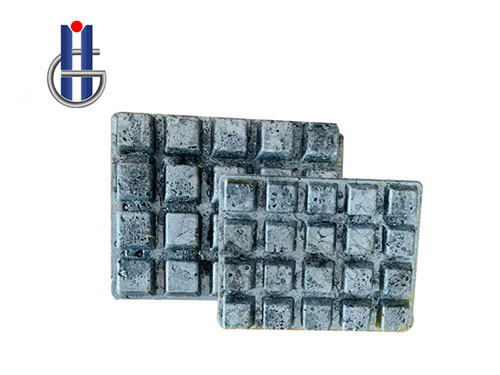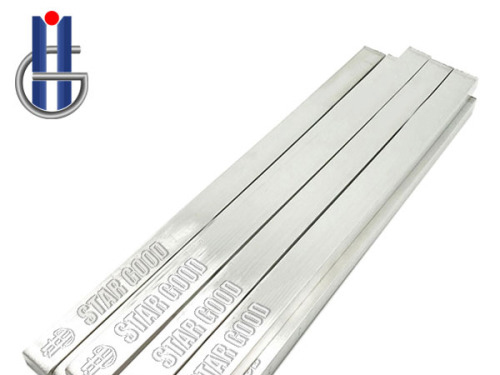Pure tin ingots have established themselves as key players in the metallurgical landscape, known for their exceptional purity and versatility in various industrial applications. As a crucial element in manufacturing and alloy production,
pure tin ingots serve as a foundation for industries seeking reliability, quality, and adaptability in their materials.
At the heart of the appeal of
pure tin ingots lies their remarkable purity. Meticulously refined and processed, these ingots boast a level of purity that meets stringent industry standards. This high purity makes pure tin ingots a preferred choice in sectors where the avoidance of impurities is paramount, such as electronics, soldering, and food packaging.
In the electronics industry, pure tin ingots play a vital role in the production of solder. The absence of contaminants ensures reliable conductivity and a low melting point, making it an ideal material for creating precise and effective solder joints on electronic components. The purity of tin ingots contributes to the quality and longevity of electronic devices, a critical factor in the fast-paced world of technology.
In the realm of food packaging, pure tin ingots are employed to create tin-plated steel, a material commonly used for cans and containers. The inert nature of tin ensures that it does not react with food, preserving the taste and quality of the packaged products. The versatility of tin-plated steel, derived from pure tin ingots, contributes to the longevity and integrity of food packaging, meeting the stringent hygiene and safety standards of the food industry.
Furthermore, the malleability and ductility of pure tin ingots make them a valuable resource in the production of various alloys. Tin alloys, such as pewter and bronze, benefit from the addition of pure tin for enhanced strength, corrosion resistance, and a polished finish. This adaptability extends the applications of pure tin ingots to diverse industries, from metal casting to artistic endeavors.
The recycling potential of pure tin ingots aligns with the growing emphasis on sustainability in manufacturing. Tin is highly recyclable, and the recycling process requires significantly less energy compared to primary production. The eco-friendly attributes of pure tin ingots contribute to responsible material practices in various sectors.
In conclusion, pure tin ingots stand as a testament to the importance of purity and versatility in metal ingots. Whether contributing to the precision of electronic components, ensuring the safety of food packaging, or enhancing the properties of alloys, pure tin ingots continue to play a vital role in shaping the landscape of modern industries. Their unmatched purity and adaptability position them as a cornerstone in materials science, meeting the diverse and evolving needs of industries worldwide.


 High Purity Tin Ingot: Crucial Applications and Benefits
High Purity Tin Ingot: Crucial Applications and Benefits
 Pure Tin Ingot: Essential Material for Diverse Industrial Applications
Pure Tin Ingot: Essential Material for Diverse Industrial Applications
 Unlocking the Potential of Pure Tin Bars: Essential Components for Diverse Industries
Unlocking the Potential of Pure Tin Bars: Essential Components for Diverse Industries
 Lead Bar for Sale: Uses, Specifications, and Buying Considerations
Lead Bar for Sale: Uses, Specifications, and Buying Considerations